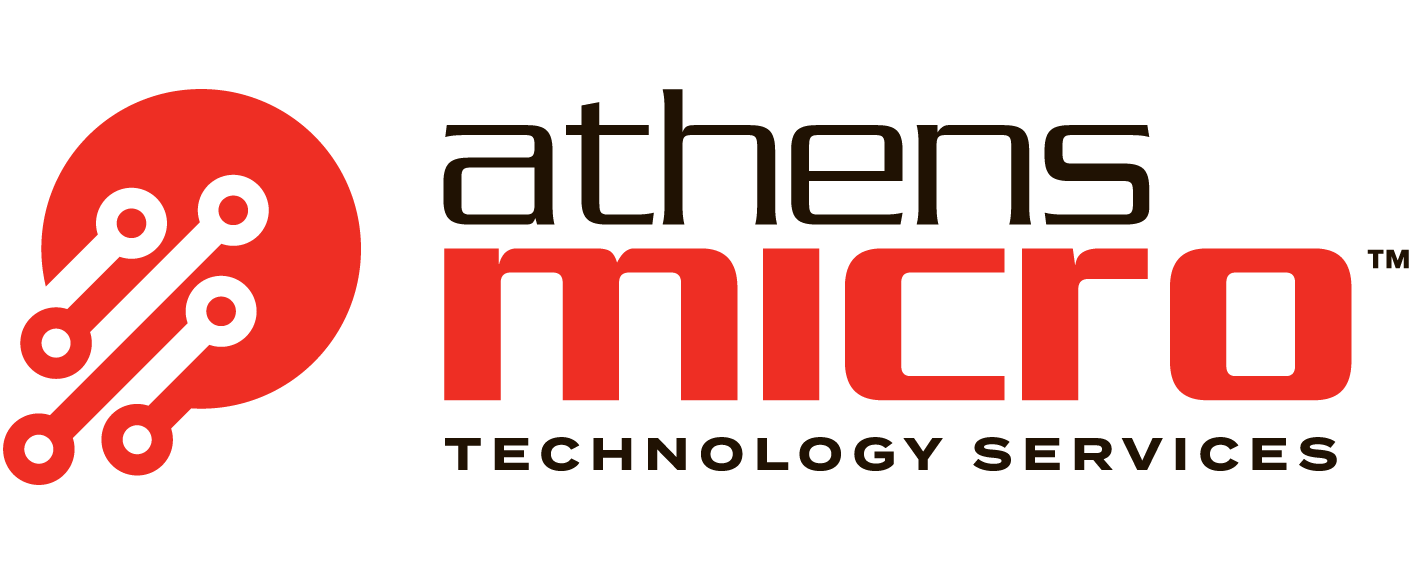Are you budgeting for IT, or bracing for tech emergencies?
Many small businesses treat IT as a line item only when something breaks. That reactive approach creates unexpected expenses, leaves security gaps, and makes it difficult to plan for growth. A clear, forward-looking IT budget protects your operations, supports your team, and helps you get ahead of problems before they impact your bottom line.
What should go in an IT budget for 2026?
In 2026, technology is no longer a nice-to-have. It’s core to how you communicate, collaborate, and serve your customers. Your IT budget should reflect that. These are the most essential components to include:
- Hardware and software: Business-grade laptops, workstations, servers, networking gear, and all necessary licenses or subscriptions
- Cybersecurity tools and services: Antivirus, firewalls, threat monitoring, and employee training
- Cloud infrastructure and storage: Scalable systems that enable secure access and reduce physical overhead
- Managed IT support: Ongoing monitoring, troubleshooting, and 24/7 help when issues come up
- Backup and recovery solutions: Regular data backups and rapid restoration systems to minimize downtime
- Strategic planning and consulting: Technology planning that aligns with your operational goals and industry regulations
Why your 2026 IT budget should reflect long-term priorities
Short-term IT fixes usually lead to higher long-term costs. When you budget annually for strategic upgrades, security improvements, and proactive support, you avoid the stress and expense of emergency overhauls.
Instead of reacting to problems after they disrupt your business, you can invest in systems that are faster, safer, and better suited to how you work. This approach keeps your costs predictable and your technology aligned with your team’s needs.
How to get accurate numbers for your IT budget
One of the biggest mistakes small businesses make is guessing what they’ll need to spend. Use these practical steps to build your 2026 IT budget on real data:
- Review past expenses: Look at support calls, software renewals, hardware purchases, and any unexpected tech-related costs
- Audit current systems: Identify what’s outdated, underused, or missing
- Talk to your IT provider: A good partner can give you clear, forward-looking estimates based on your goals
- Account for changes: If you’re hiring, expanding, or launching new services, your IT budget should scale accordingly
Why proactive IT support saves money over time
Reactive IT is expensive. When you only call for help after something breaks, you’re dealing with lost time, lost revenue, and potentially compromised data. Proactive support keeps issues from escalating in the first place.
Athens Micro clients benefit from 24/7 monitoring, regular updates, and built-in security protections. This keeps systems running smoothly, reduces costly downtime, and ensures your team can stay focused on work instead of technical issues.
Cybersecurity needs to be a fixed part of your budget
Cyber threats are rising, and small businesses are frequent targets. A single phishing email or ransomware attack can shut down operations and damage your reputation. That’s why your 2026 IT budget must include cybersecurity tools and training.
You’ll need:
- Firewall and antivirus protection
- Secure access tools for remote workers
- Employee training on phishing and password hygiene
- Regular vulnerability assessments
These aren’t optional add-ons. They’re business-critical defenses.
Budgeting for flexibility in a hybrid work environment
Many businesses now operate with a mix of in-office and remote workers. That means your IT budget needs to support secure, seamless access to company systems from any location.
Cloud-based platforms, mobile device management, VoIP systems, and secure remote access tools are essential for keeping teams connected and productive. Budgeting for these systems ensures your operations don’t slow down, no matter where your employees are working.
Aligning your IT budget with business growth goals
Your IT budget isn’t just about staying online. It’s a tool for enabling growth. When your technology works well, your team works better. When systems scale with your business, you don’t have to worry about infrastructure holding you back.
The right budget allows you to:
- Onboard new employees efficiently
- Launch new services without delay
- Meet compliance requirements as you scale
- Expand locations without costly overhauls
Plan for lifecycle replacement before systems fail
Every device and application has a useful life. Waiting until equipment fails can cause interruptions that impact service, productivity, and even security. Including lifecycle replacements in your budget helps you avoid surprises and maintain reliable performance.
Budget for:
- Workstation refreshes every 3 to 5 years
- Server and network upgrades based on performance and usage
- License renewals for business-critical software
- Phased retirement of legacy systems
This approach gives you more control over spending and avoids last-minute replacements that strain your budget.
Build room for professional IT consulting
IT planning doesn’t stop once the budget is set. Your business needs may shift midyear. Regulations can change. You might need to scale up or reevaluate your tech stack after a new hire or product launch.
Setting aside funds for IT consulting allows you to bring in experienced guidance when it matters most. Whether it’s helping with compliance, integrating a new solution, or preparing for an audit, working with a trusted advisor ensures your systems continue to support your goals.
Don’t forget about recurring licensing and subscriptions
It’s easy to overlook software subscriptions and cloud services when they’re set to auto-renew, but these recurring costs can quickly add up. As part of your 2026 IT budget, create a line item for:
- Microsoft 365 or Google Workspace
- Antivirus and endpoint protection
- Remote access and VPN tools
- VoIP phone systems
- Cloud storage and collaboration platforms
Keeping these renewals in your budget ensures they’re never missed and avoids service interruptions that could affect your operations.
Get ahead of 2026 with a budget that works
If you’re not sure where to start, you don’t have to guess. Athens Micro helps small businesses across Georgia build technology plans that support real business outcomes. We don’t just identify where you’re vulnerable. We give you a clear roadmap for how to invest, protect, and scale.
Schedule a discovery call and take the guesswork out of your 2026 IT budget. We’ll help you focus on what matters most: running your business.

